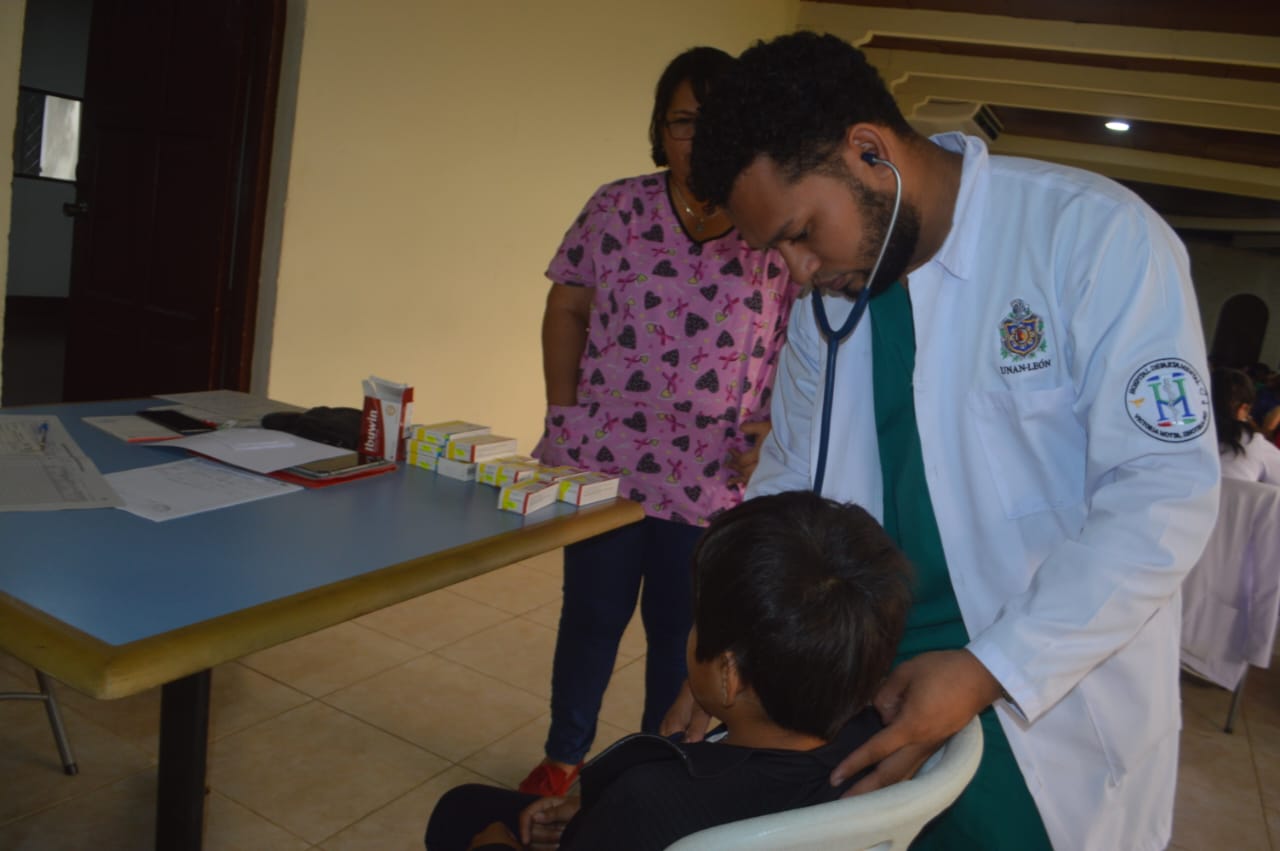The authorities of the Agricultural Protection and Health Institute (IPSA) confirmed that in Nicaragua they detected the third case of cattle screwworm infection in humans. The case corresponds to a minor, originally from Río San Juan, who had 102 worms removed from his ears.
Ortega member Ricardo Somarriba, director of IPSA, stated, in an interview given in official media, that if the minor had not had those worms removed “they would have destroyed his brain.”
Related news: Nicaragua registers two cases of people infected with screwworm
In addition, he revealed that initially the minor was transferred to the Asunción de Juigalpa Regional Hospital, in Chontales, and then, due to the severity of his condition, he was sent to the Antonio Lenin Fonseca Hospital, in Managua.
“There (in Juigalpa) they removed 40 worms, and here (in Managua) they removed 62,” Somarriba explained.
Last September, the IPSA had reported the first two infections of cattle screwworm in humans, but, according to Somarriba, the case of this minor that they identified in Río San Juan is the most serious so far.
More than 4,000 cases of screwworm in animals
Somarriba specified that from April to October 14, they have registered 4,036 cases of animals infected by cattle screwworm.
Related news: IPSA enables telephone lines to report cases of cattle screwworm
Among the infected animals there are cattle (3,061), most of them newborn calves with infections of the navel and other parts of the body that have caused their death; pigs (548); dogs (155); rooster (1); and goats and other species (270).
The Institute of Agricultural Protection and Health, on the page that it enabled on its website to report on the plague of the cattle screwworm, explains to the Nicaraguan population that the Coquerel fly, which is responsible for laying eggs inside the wounds In warm-blooded animals, it can even infect wounds as small as those produced by ticks and enter “through any orifice including the nostrils, mouth, eye sockets, ears or genitals of animals” and humans.
Animals infected with cattle screwworm, according to the IPSA explanation, suffer weight loss and can even die within 7 to 14 days “due to toxicity or secondary infections”, especially if they do not receive treatment.


















